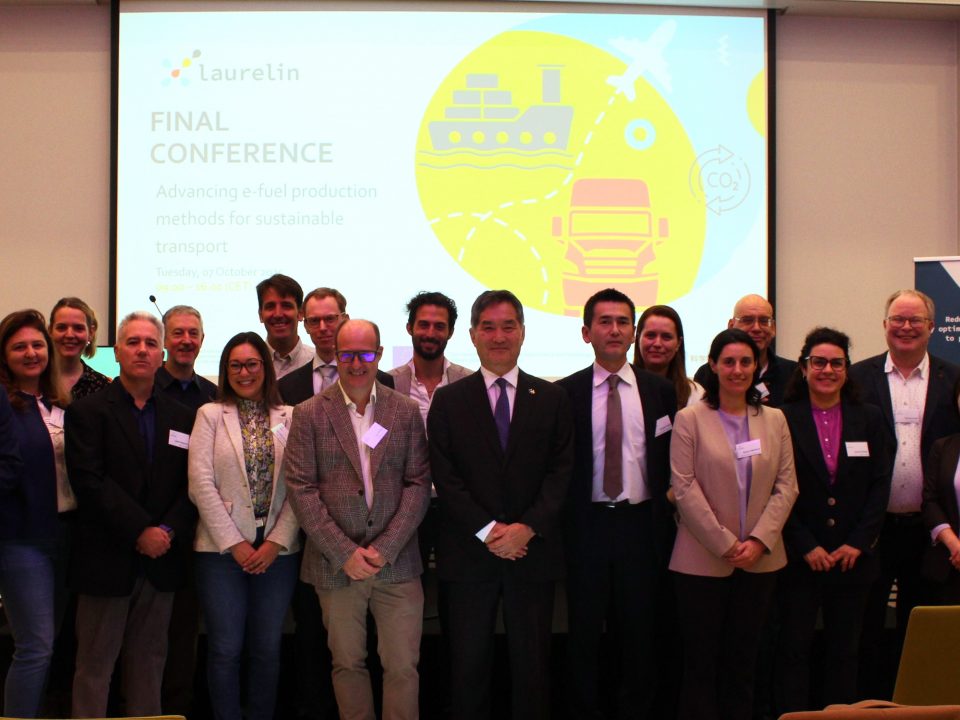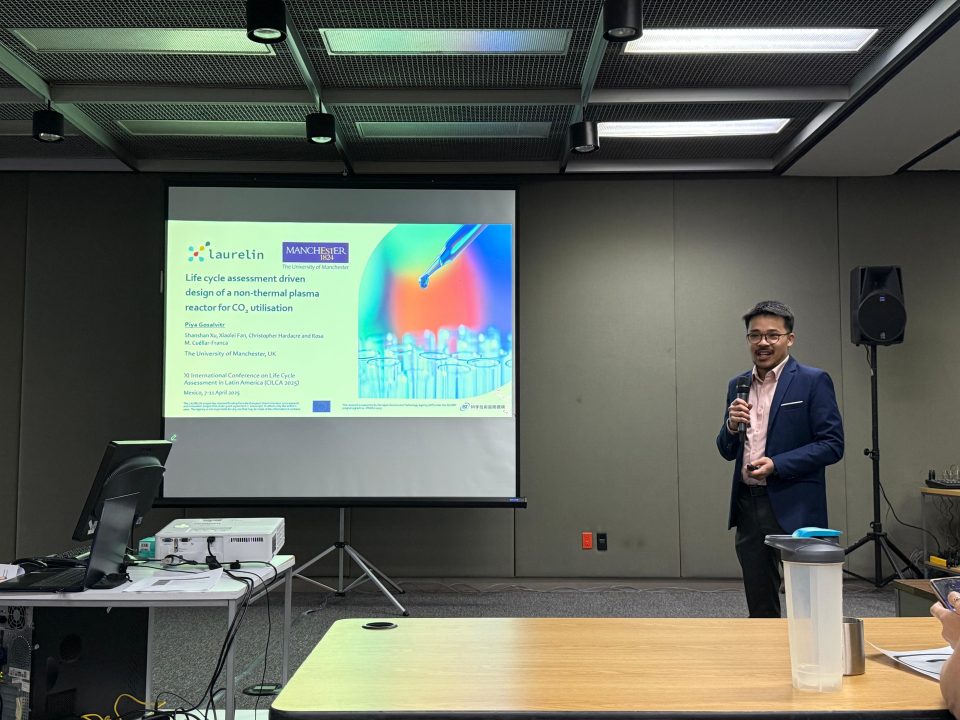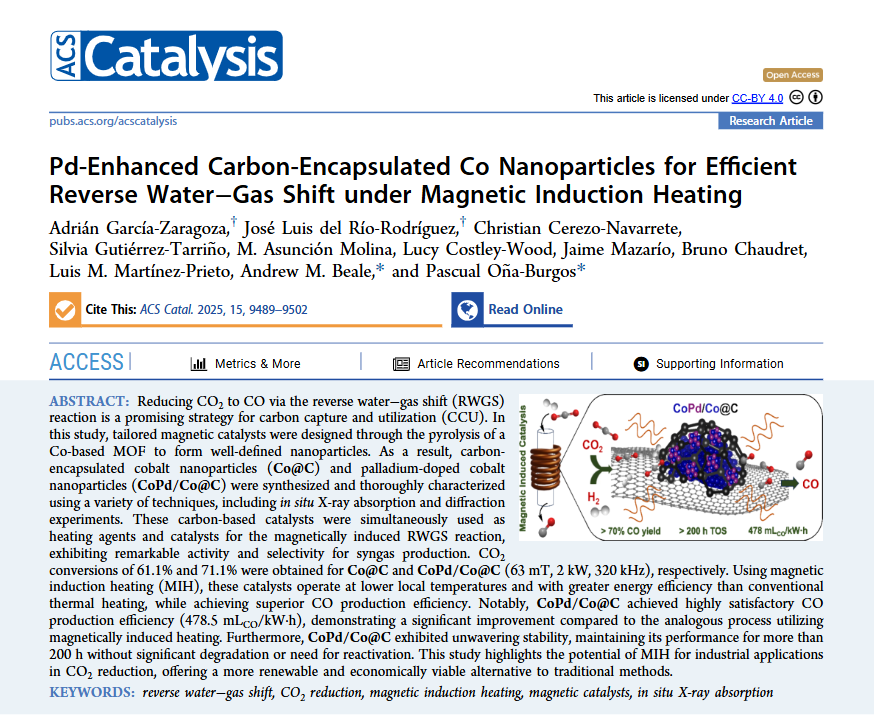Interview with our partner CSIC
Why did the CSIC join the LAURELIN project?
Pascual Oña Burgos, Associated Researcher at the Institute of Chemical Technology, Spanish National Research Council (CSIC): LAURELIN project faces one of the most important challenges of our society at the moment, which is the path towards decarbonization and sustainability. In this regard, LAURELIN project is focused on two correlated issues:
i) valorisation of carbon dioxide to produce a high valuable chemical and fuel such as green methanol;
ii) development of disruptive catalytic configuration such as microwaves, non-thermal plasma and magnetic induction to achieve successfully hydrogenation of CO2 instead of conventional thermal heating.
This fact pursues to determinate the most suitable electrified process for this reaction in order to reduce energy demanding and the decarbonization of the process itself. All these points make LAURELIN a unique project with ambitious goals and CSIC (the biggest research institution in Spain) wanted be part of this work with an excellent consortium around Europe and Japan.

What are the activities undertaken by the CSIC in the framework of the project?
Pascual Oña Burgos: CSIC focuses on the development of catalyst for CO2 hydrogenation tailoring catalyst to match catalytic activity together with desired technology (microwaves, non-thermal plasma and magnetic induction). Moreover, CSIC will also lead CO2 hydrogenation employing magnetic induction, which is a promising technology to reduce energy consumption by electrifying catalytic processes. In this regard, ITQ, the CSIC´s department involved in LAURELIN, is a well-known institution in both catalyst development and new catalytic technologies.
What are the challenges you have identified linked to the development of multifunctional and heterogeneous catalyst systems for efficient synthesis of renewable methanol?
Pascual Oña Burgos: We need multifunctional and heterogeneous catalysts to achieve CO2 hydrogenation to renewable methanol with the proposed disruptive technologies. All this requires: i) key active sites to activate suitable H2 and CO2; ii) the ability to harvesting the irradiation: microwaves, plasma or magnetic induction. Herein, LAURELIN proposes a bottom-up synthetic strategy to promote small bimetallic nanoparticles over nanometric supports, the nature of which will play the specific role to harvesting the studied irradiation. In this regard, the metallic precursors are pivotal to drive force the synthesis to the final catalytic materials, which will be designed based on the catalytic technology. Therefore, the main challenge of the catalyst development is to modulate the synthetic strategy to lead the formation of tailored multifunctional materials.
How would you describe the cooperation with other partners in the development of catalyst systems for the synthesis of renewable methanol?
Pascual Oña Burgos: LAURELIN´s consortium is suitable to achieve the several objectives of the project. The cooperation between the different partners is impressive. ITQ and AIMPLAS have been cooperating for a long time now. ITQ is focused on fundamental science and AIMPLAS in applied science. This complete approach of both fundamental and applied science was the initial core in the preparation of the project and reinforced LAURELIN as a project. ITQ has been working with two Japanese partners and with UCL for longer than 10 years, while the connections with Universities of Manchester and Almería are more recent. This has facilitated the synergy between all LAURELIN´s partners. This linking is pivotal to achieve the ambitious goals planned in LAURELIN.
What are the next steps to be carried out by the CSIC?
Pascual Oña Burgos: The next steps are the evaluation of the developed catalytic materials in each technology to determine the best catalyst synthesis for each reactor configuration and, if possible, to improve them. Finally, the best catalysts for each technology will be scaled up in order to prove the feasibility and the potential of the LAURELIN project.




